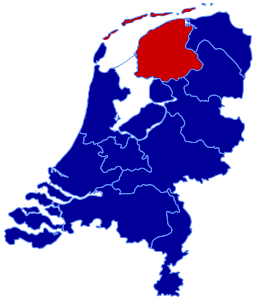It
was somewhere in 90’s when we were staying at Taban hotel in Permam. It was summer
and we had not been in Kurdistan for many years. I didn’t like the weather; it
was too hot for me. I was bored and there weren’t any children at the hotel to
play with.
One day a man came to visit my father. I
had no idea who he was but I still remember our conversation very clearly. He
asked me if I would ever come back to Kurdistan. I answered that I wouldn’t. I
believe my answer was negative because that summer had been a disappointment. He
smiled and asked “What can I do to make you come back, tell me, what is it that
you want?” What a funny guy, I thought. Why would he ask me what I wanted, as
if he could ever give me that? Somehow I felt uncomfortable for having these
thoughts so I answered his question and this is what I said:
“I want to feel free. To have the freedom to choose whatever I want. To be free
from any superpower that wants to control me. I want to be one with nature, to
have a mutual understanding, to be in harmony and the only time I feel free and
in harmony is when I’m riding a horse. Thus I want a horse.”
I never understood why I said this until last week. It was the first time on the
back of a horse in Kurdistan though it wasn’t the horse promised by this man.
I guess I’ve always been nationalistic when it comes to my roots. I always had
to fight for my existence as a Kurd, even in the Netherlands. However, when I’m
on the back of a horse it is as if the horse and I can conquer every obstacle
in our way. We’ll jump, fall, raise and do it again until it’s perfect.
My path in Kurdistan has been the same I guess. I fell, hurt my back and tried
again. I won’t give up on my dreams and I hope that this dear man, the current
prime minister, won’t either. I have been in Kurdistan for a long time now but
I guess he has forgotten that he promised me a horse. I just hope he hasn't
forgotten the other part of our conversation.
I’m still waiting for a free
Kurdistan, but for now the horse will do.












